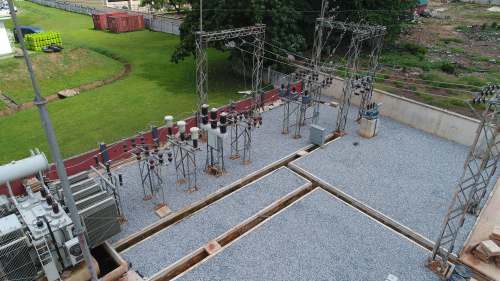Economy
DisCos Owe Us N2 Trillion, Says Power Generation Companies
Power Distribution Companies (DisCos) owed power generation companies N2 trillion and not N500 billion being reported, the Association of Power Generation Companies stated.

Power Distribution Companies (DisCos) owed power generation companies N2 trillion and not N500 billion being reported, the Association of Power Generation Companies stated.
Dr. Joy Ogaji, the Executive Secretary of the association disclosed this at the Association of Energy Correspondents of Nigeria conference held in Lagos on Thursday.
“GenCos are not owed N500bn as accepted by NBET. We are owed N2 trillion, while we owe suppliers N1trn,” she said.
Speaking during the ‘Power Sector Dilemma: Issues, Challenges, Opportunities And Strategic Key Solutions’, she explained that the power Generation Companies (GenCos) were unable to make power available because of the huge debts owed them by the Nigerian Bulk Electricity Trading Plc (NBET).
NBET manages the electricity pool in the Nigerian Electricity Supply Industry (NESI). It means NBET collects tariffs on behalf of DisCos and the TCN.
Ogaji also stated that despite GenCos meeting its power generating capacity, there is no demand as DisCos had no been able to take all power generated.
She said “Nigerians don’t want power because there is no demand for it. For instance, Egbin, which has over 1000 capacity, has not been able to generate 800MW because there’s no demand.”
According to her, power generation depends on market availability/demand.
“Our generation is driven by demand, and the demand is not there. Nigerians are not demanding for power and we are in huge debt.”
Ogaji faulted the capacity of the national grid to take the whole of power generated by the generating companies.
“We have the capacity to generate more for the country, but the national grid has not been able to take everything we produce. Then we get blamed for companies shutting down and leaving for other countries. As we speak, there is yet a proof that Nigeria needs power because if the country needs power, all hands will be on ground to ask for more than what we currently generate, and be willing to pay for it. That is when we can be held responsible for not increasing generation,” she said.